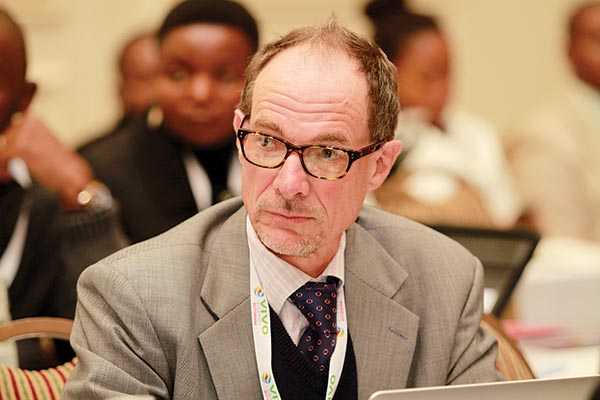Export diversification increasing elusive
EConsult Botswana managing director, Dr Keith Jefferis says efforts to diversify Botswana’s exports have dismally failed amid revelations that the country has been exporting largely diamonds for the past 25 years.Dr Jefferis said the country’s exports are predominantly minerals namely diamonds with copper-nickel, gold and soda ash also contributing smaller portion of the exports.
He said about 66 percent of Botswana’s exports in 2016 were diamonds and the economy is largely financed by these mineral exports. “The dominant position of diamond export has not really changed over a 25 year period,” he said. Dr Jefferis said unless exports are also diversified, Botswana will be highly vulnerable to the eventual decline of diamonds.
“Diamond production is not going to grow very much and in fact it has reached a plateau,” he said.
He however said the country’s economy is diversifying contrary to a common belief that it is not.
Dr Jefferis stated that export diversification is an area which the country has actually failed to make progress in. “It’s often said the diversification in Botswana has failed and I don’t think that is the case. In the late 1980s, mining was contributing 53 percent of the GDP and in 2016 the GDP contribution of non mining sectors had increased dramatically and there is reasonably a diversified economy,” said Dr Jefferis. About six years ago, the government launched the Economic Diversification Drive (EDD) whose major aim is to diversify the economy into sectors that will continue to grow long after minerals have run out through development of globally competitive private sector as well as diversified exports and export markets. Dr Jefferis stated that over the last 10 years, the economy is changing, and is less dependent on mining and is increasingly services driven. He however revealed that some of the services that are performing well like tourism cannot be exported.
The country still imports virtually everything to satisfy the local market resulting in the import bill standing at a whopping P73 billion in 2015.






